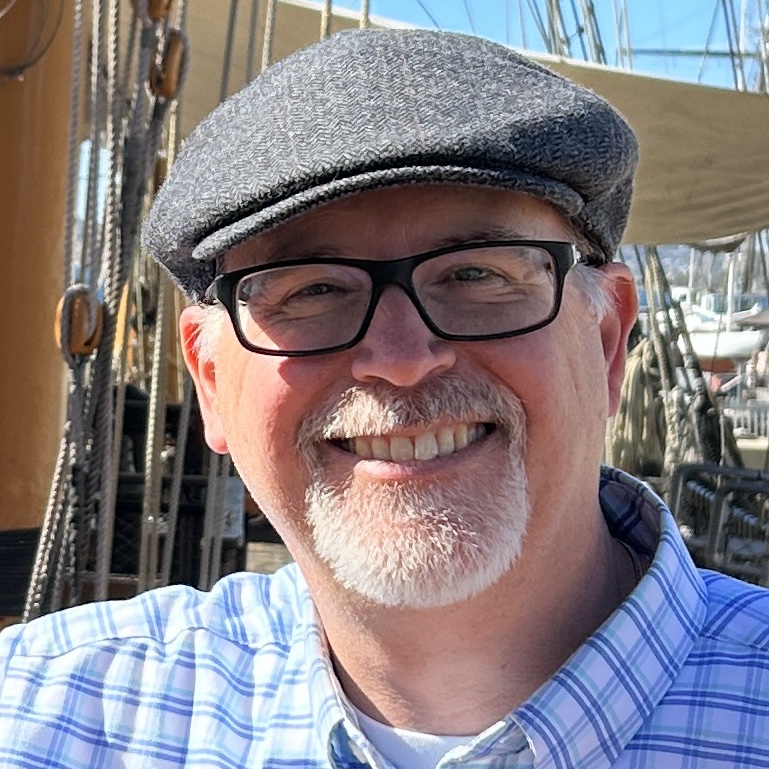Reflecting on Father Elijah
| I have just finished Michael D. O’Brien’s Father Elijah for the second time. I hadn’t read it in about five years, and I wanted to re-read it before Tom Curran discussed it later this month on his Sound Insights radio show. I remember liking it a lot more the first time I read it, probably because it was such a revelation to me. The book attempts to look at the second coming from a Catholic perspective. If you’ve read or heard about the Left Behind series, and wondered about the Catholic take on the end times, then Father Elijah could help answer your questions. Unfortunately, our culture is so driven by hyper-dramatic action stories, that a novel like this one goes mostly unnoticed. It is much more literary, and consequently takes more effort to read, than other more popular novels. But trust me, this one gets it right. This is a rational, believable, exploration of how the world might look shortly before Jesus comes again. It is also a rational, believable critique of the modern world. The plot is fairly straightforward: a man has risen to become president of the European Union, and though he appears to be a great man of peace and unity, some suspect him of being the next Anti-Christ. Father Elijah, a Jewish convert to Catholicism, is asked to leave his monastery to discover the truth about this man. In doing so, Father Elijah becomes aware of sinister, demonic forces at work in the world, both inside and outside the Church. The reason I love this novel so much has little to do with the apocalyptic story-line, though. I appreciate O’Brien’s take on modern culture and what ails it. I think he does an excellent job of exposing the intellectual fallacies and traps of our time. Also, as one who rarely travels, I was captivated by his descriptions of various places in Rome and Poland. If you are planning a visit to Italy or Poland, or if you have already been there, this aspect of the book may really appeal to you, too. But it is the character of Father Elijah himself that really makes the book worth reading. His humility and obedience immediately set him apart from every other character in the novel, and one couldn’t ask for a greater example of priestly virtue. And though O’Brien does a fantastic job of creating sympathetic clergy, he does not shy away from Catholic characters who are ignorant, weak and self-serving. I keep a Commonplace Book on my computer, a place where I record lines from literature that really move me, or that seem to speak strongly to me. It’s been awhile since I found anything worth copying, but I found two lines from Father Elijah that I wanted to remember. The first line echoes a theme that is prevalent in Tolkien’s works, and which also reminds me of Blessed Teresa of Calcutta: “Accept being a little one, and He who made the universe will fill you.” The second line comes when Father Elijah begins to despair of accomplishing his mission. One of the Vatican cardinals (I forget now which one) gives him these words: “…I tell you that we are going to the cross. But it is not our right to hasten that day. We must work while the light lasts. We must strengthen what remains. This is the long and lonely martyrdom. It is the most difficult of all.” “…the long and lonely martyrdom.” Sometimes life does indeed feel that way, especially when we make the difficult decision to do God’s will at the expense of our own pleasure. We may not ever have to suffer the martyrdom of blood like our brothers and sisters in the persecuted countries of Asia or the Middle East, but we are all called to be witnesses in our own way to the saving power of Christ. Father Elijah inspires us to accept that call more readily. Labels: catholic |
posted by Nick Senger at 5:09 PM
![]()
![]()




Comments on "Reflecting on Father Elijah"
post a comment